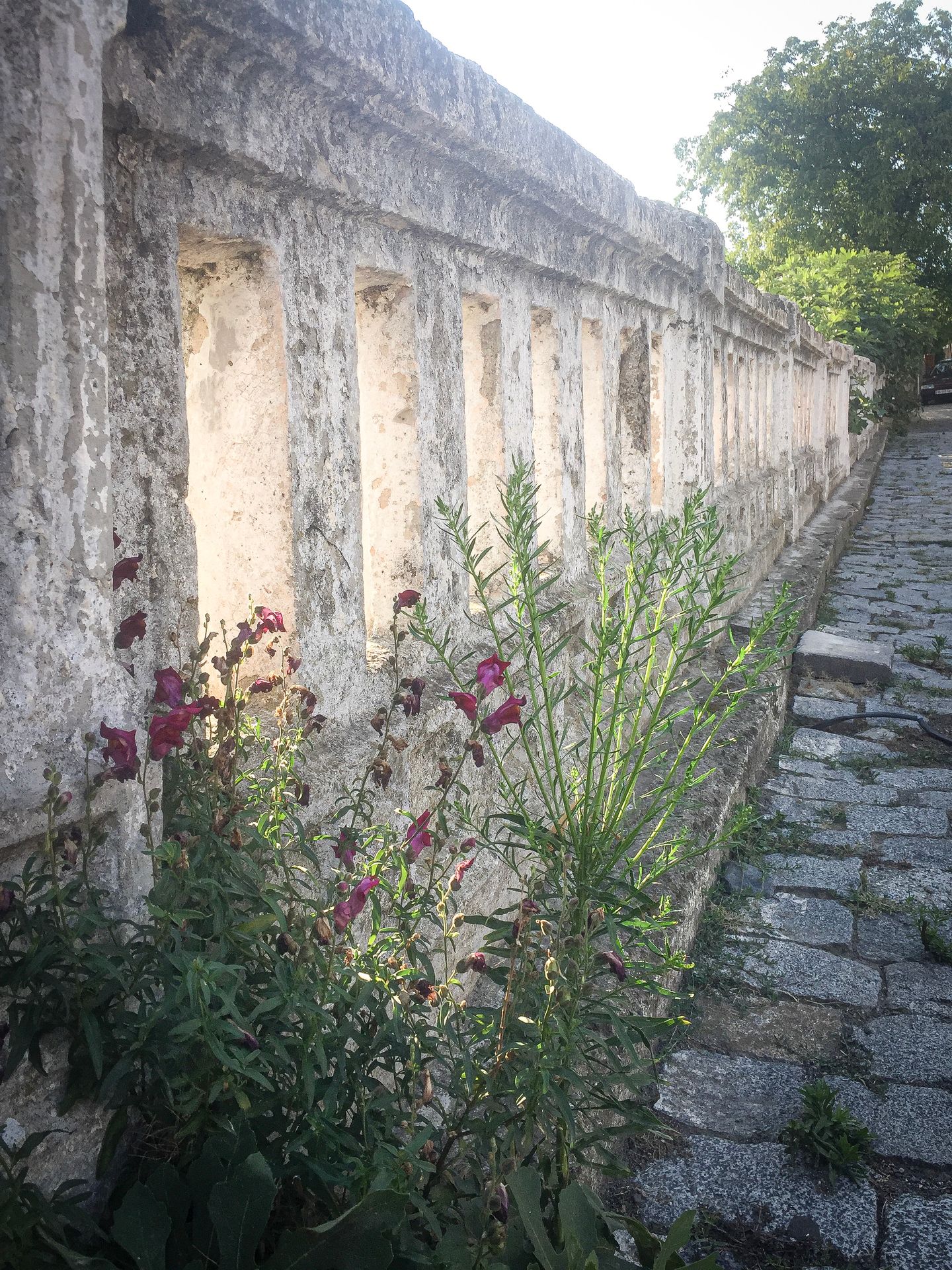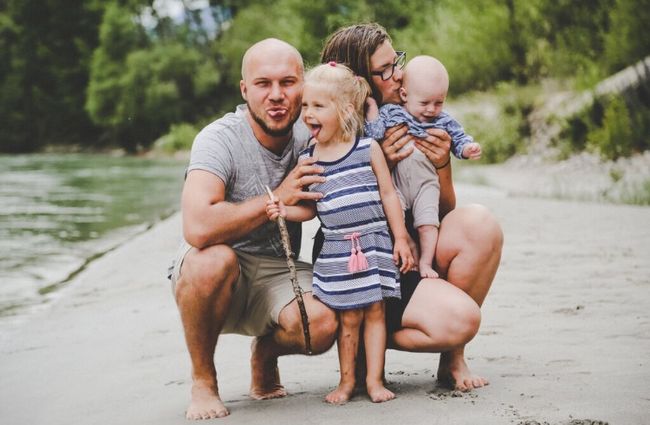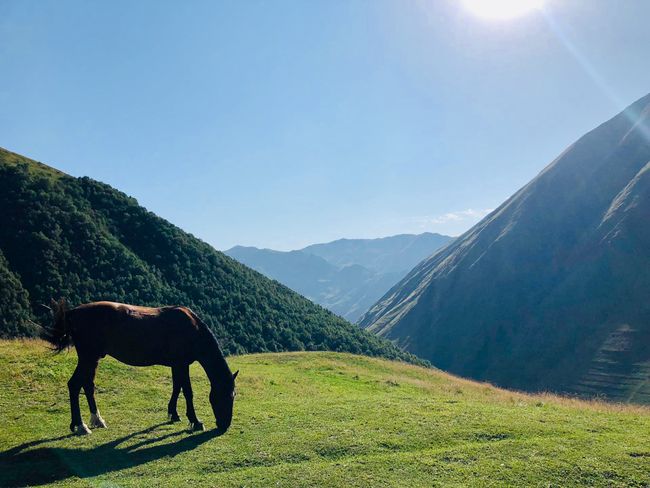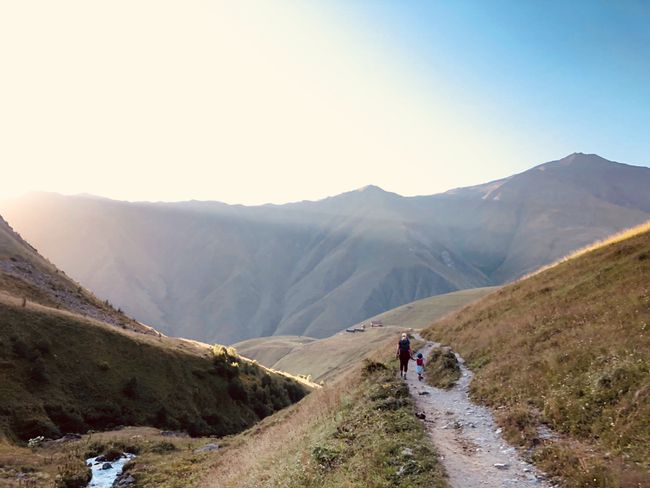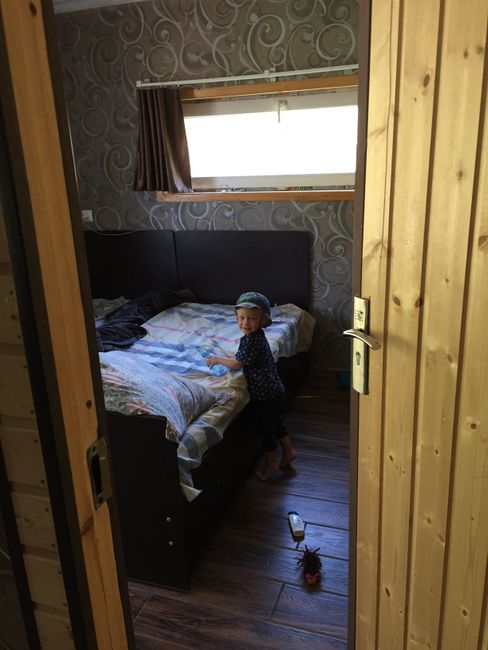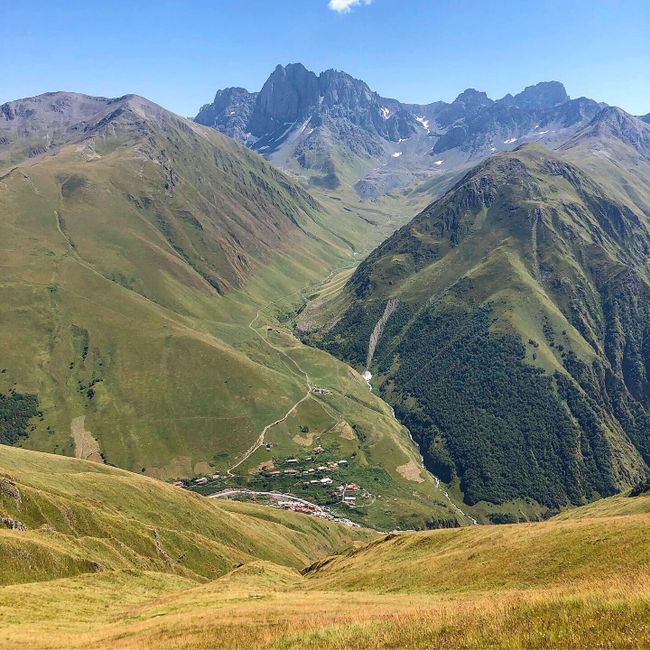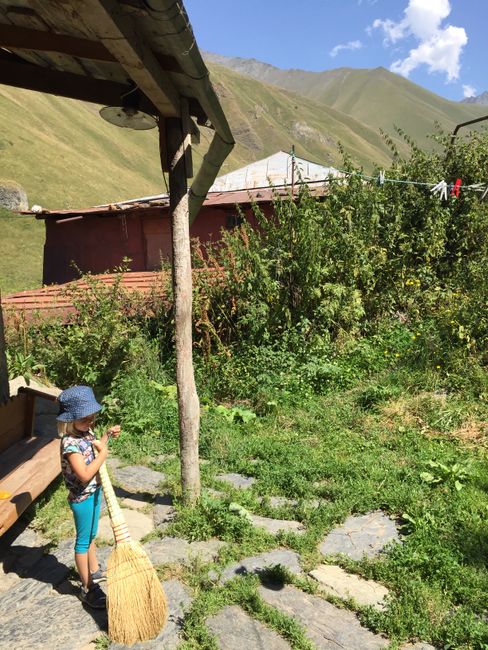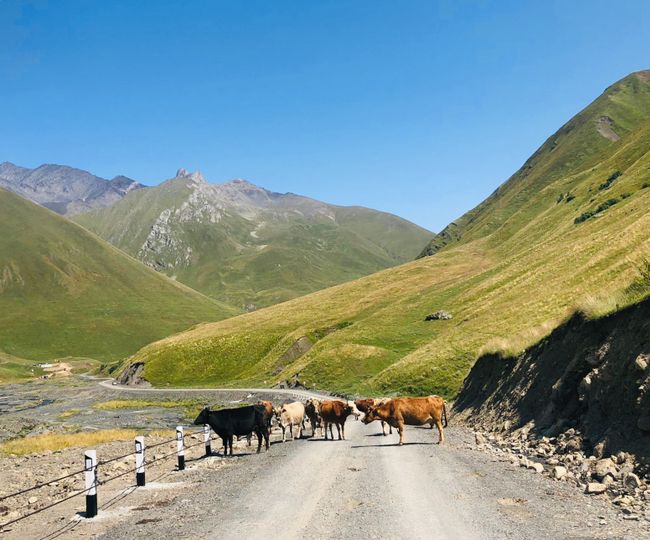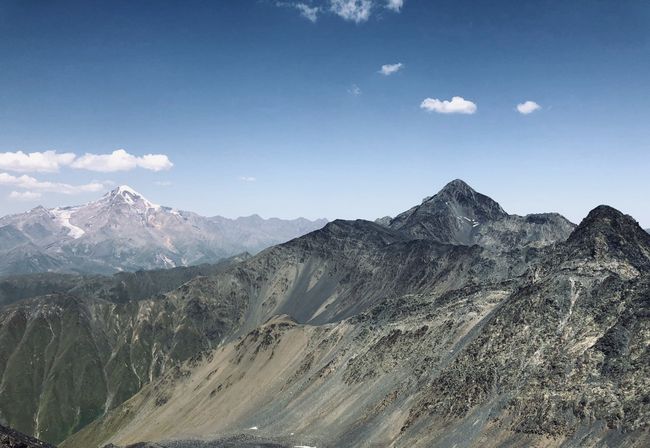Seasons of a Village
Објавено: 23.08.2019
Претплатете се на билтенот
Juta. A village in the mountains, at 2,200m. The landscape is incredibly beautiful - a fan-shaped high mountain, smooth green folds. In the background are peaks of mountains that are otherwise known from the Dolomites. The village is incredibly ugly - a collection of makeshift corrugated iron houses, connected by stony footpaths, surrounded by shrubs. But the scenery makes up for it.
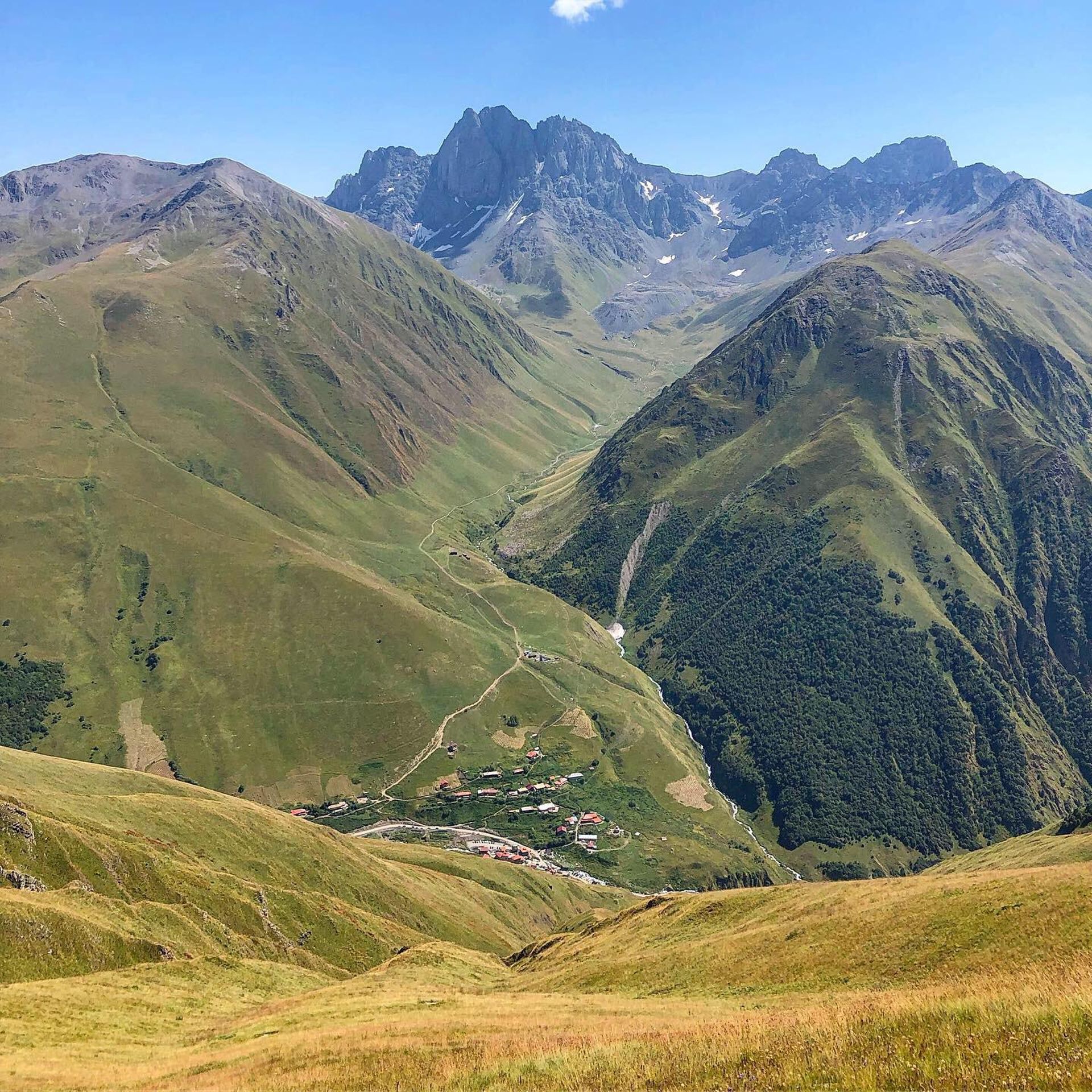
In Juta there are about 10 residential houses, and of those, 12 are guesthouses. This has come about as a result of its reputation as a mecca for trekking enthusiasts, climbers, and day trippers. For 30 years, mountaineers from all over the world have come here to conquer nature. And that has changed the village.
Here we are staying in a so-called 'guesthouse', probably known as a pension in German. Until now, we have only stayed in such accommodations. A family has converted their residential house into multiple guest rooms, often with separate bathrooms. The rooms are usually well prepared and quite different from our own bedrooms. The guesthouses we have stayed in so far have often been freshly renovated or newly built.
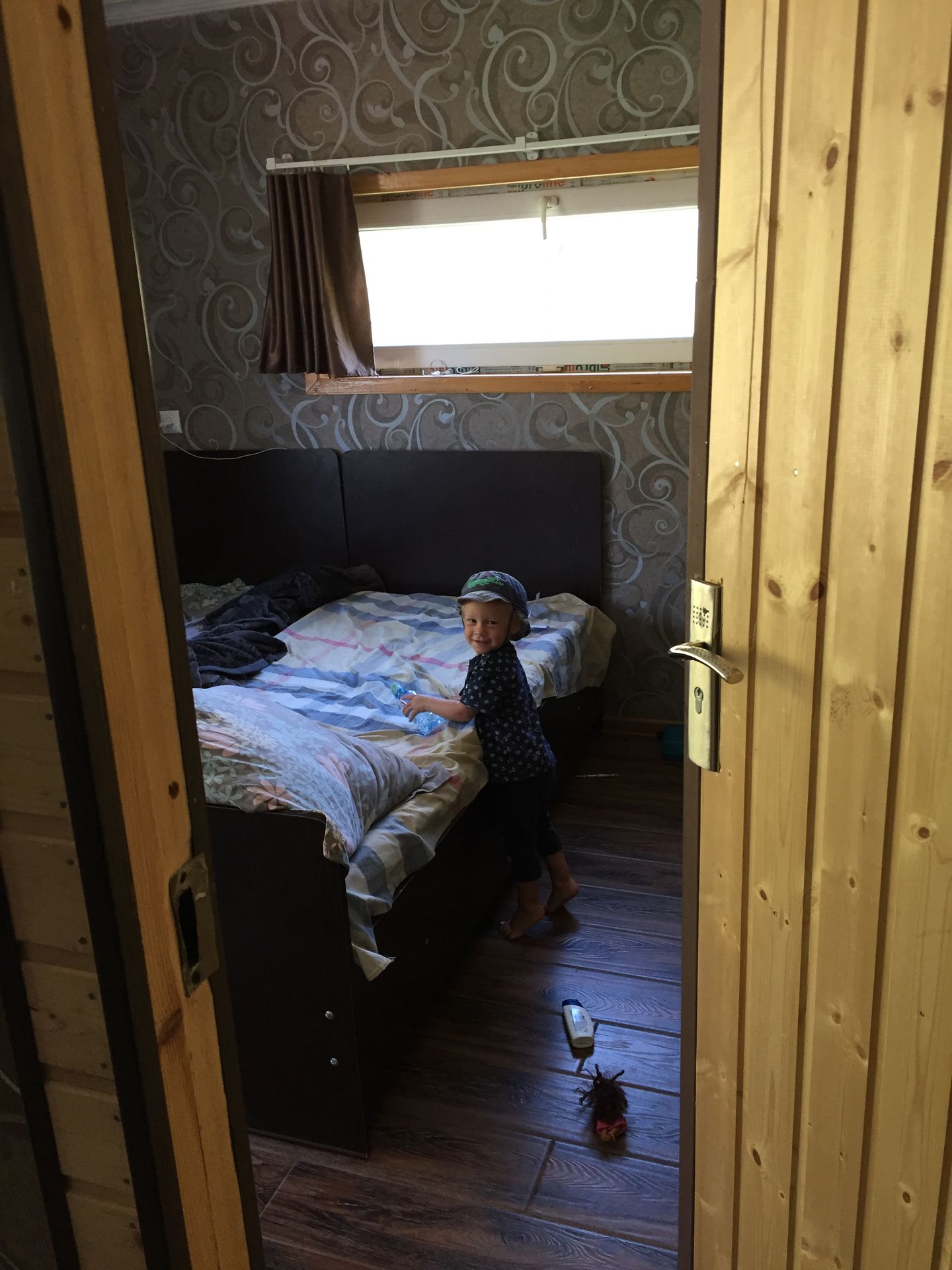
But here, this is no wonder - everyone is constantly building in Georgia. A paradise for DIY enthusiasts. People build as soon as they have money. And when the money runs out, they have to take a break until there is money again. This leads to many construction ruins being seen at the roadside, and the most amazing guest rooms can be hidden in a shell because the finances did not stretch to the facade.
For us, there are many advantages to visiting these guesthouses: we can use the infrastructure like the kitchen/washing machine/garden and still have our own room. We are embedded in a family - the grandpa sitting in the corner, the diligent housewife always in the kitchen, and sometimes children playing outside or in front of a screen. Sometimes it works out that our children find playmates, but often they are too young and the eight-year-olds do not want to gather salads all day. Thanks to the clear arrangement (price for accommodation and meals), we are happy to be able to support the families and help them advertise online, and they have a concrete additional income.
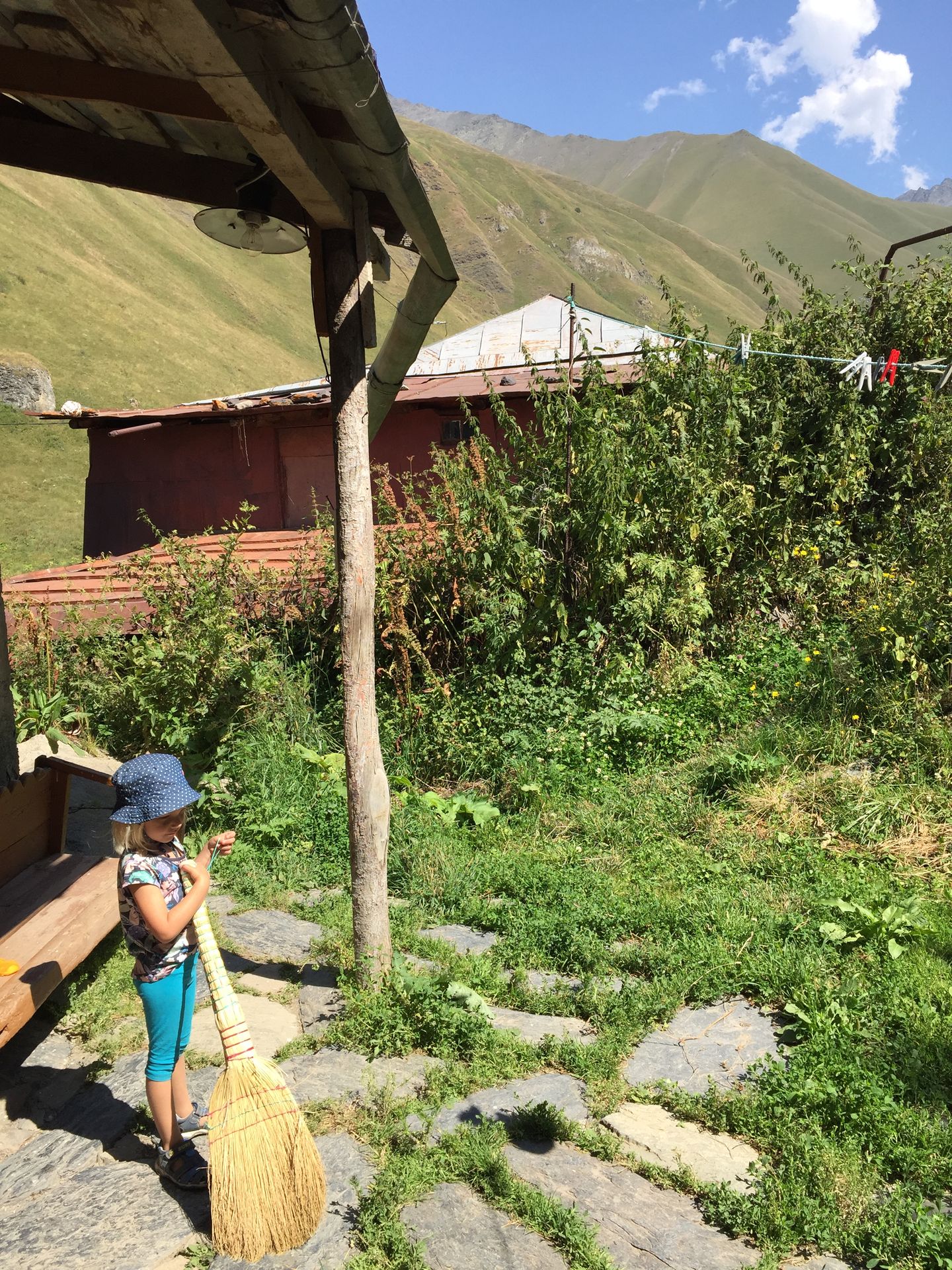
Actually, only one family lives here in Juta. They all have the same last name. And the soldiers, shepherds, or taxi drivers we meet on our explorations sooner or later come to this family's house for a coffee, because they are all cousins. The very nice and cheerful family we are staying with has told us a lot about the different eras that this small village has gone through in the last few decades.
Actually, it could just as well be a place like the ones in the Lötschental or the Goms. In the 70s/80s, there was a functioning village life here - families provided for themselves, cows and horses were kept and driven to the alpine pastures in the summer, which could be reached within 30 minutes on horseback, so the whole family did not have to move. The village was inhabited all year round, although it was snowed in for months in the winter. There were children and teenagers, a school and a medical station, and probably everything in terms of harmony and intrigues that can fit in 10 residential houses. So far, so parallel - there were plenty of such places in Switzerland.
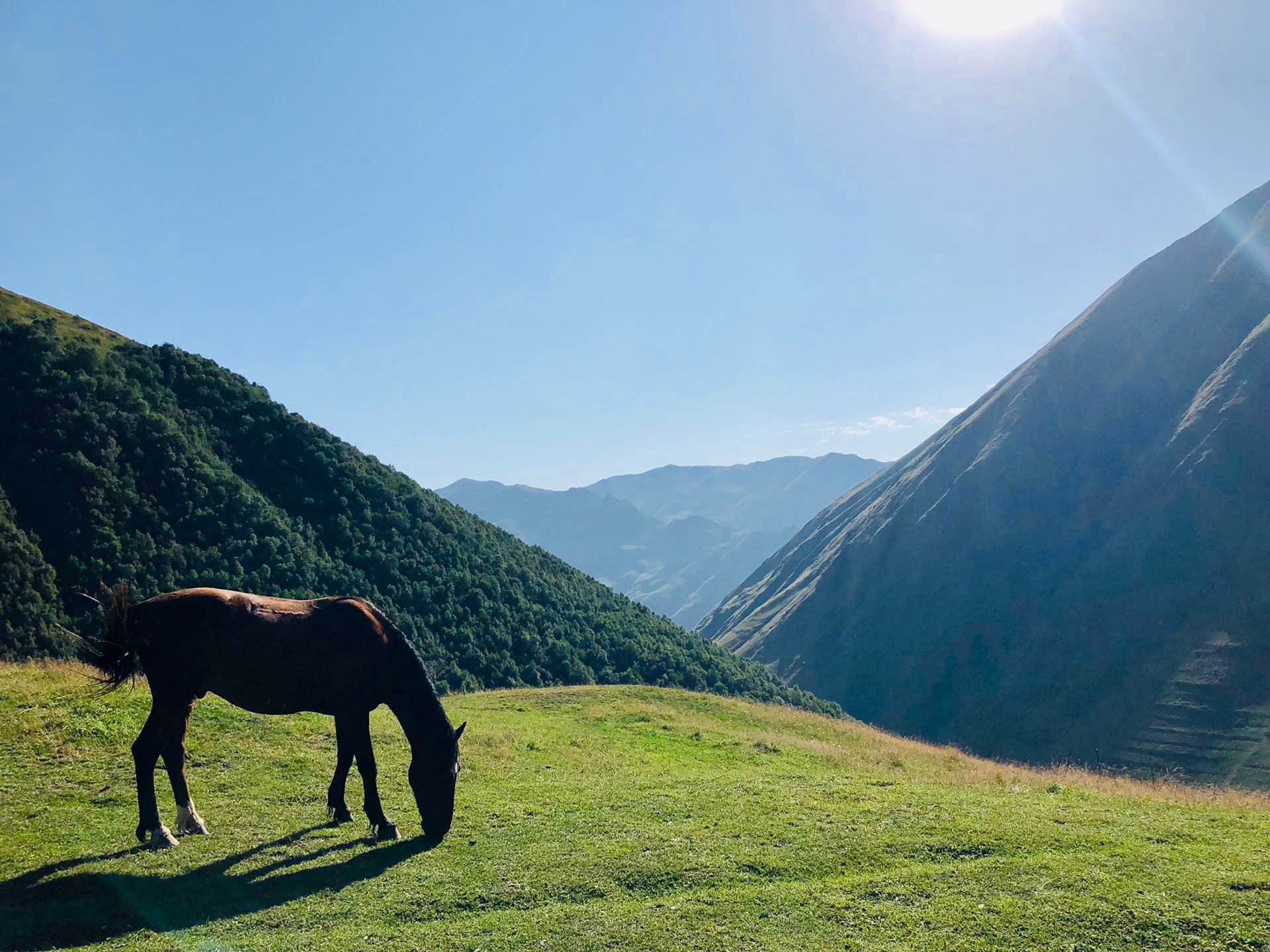
The surprising thing is - the infrastructure is still about the same. There is electricity, and above all generators, and in recent years, there has also been mobile phone reception thanks to an antenna at the entrance to the village. However, the unpaved mountain road into the village is often not cleared in winter or is hit by avalanches. Winter ends in April or May. And that's a problem.
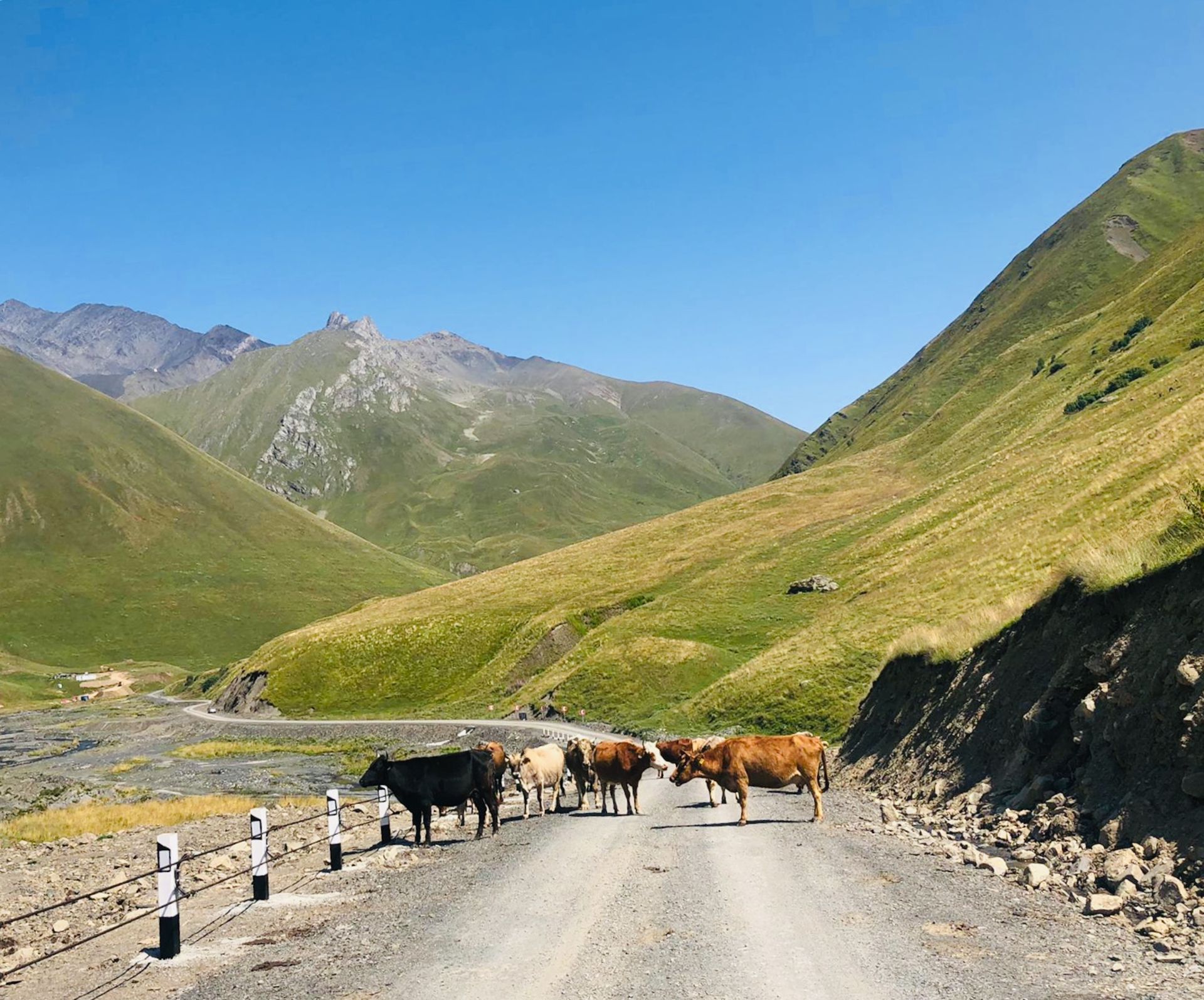
Because most of the children who were picking blueberries and playing by the stream in the 80s moved away. Nowadays, there are many elderly people in Juta. People who, if they have a stroke at home in the winter, cannot be quickly helped. A helicopter has to come. Only in the summer, when it feels like 30 degrees in the relentless sun, do the tourists flock to the village, and with them, the daughters and sons come to the village - they cook, clean, and build for the tourists, or spend their own holidays in the nostalgic idyll.
And so the village has changed: in summer, it is full of trekking shoes and sunscreen, in winter, there is a snow cover and arthritis. Life is bustling in the summer, and in winter, there is crystal-clear silence. We try to imagine these contrasts and look into the face of the old woman who has been observing these changes for decades, smiling stoically and working in the garden. We try to figure out our role as tourists in this changing era of Juta and fill it responsibly. And we're not exactly sure how to do that.
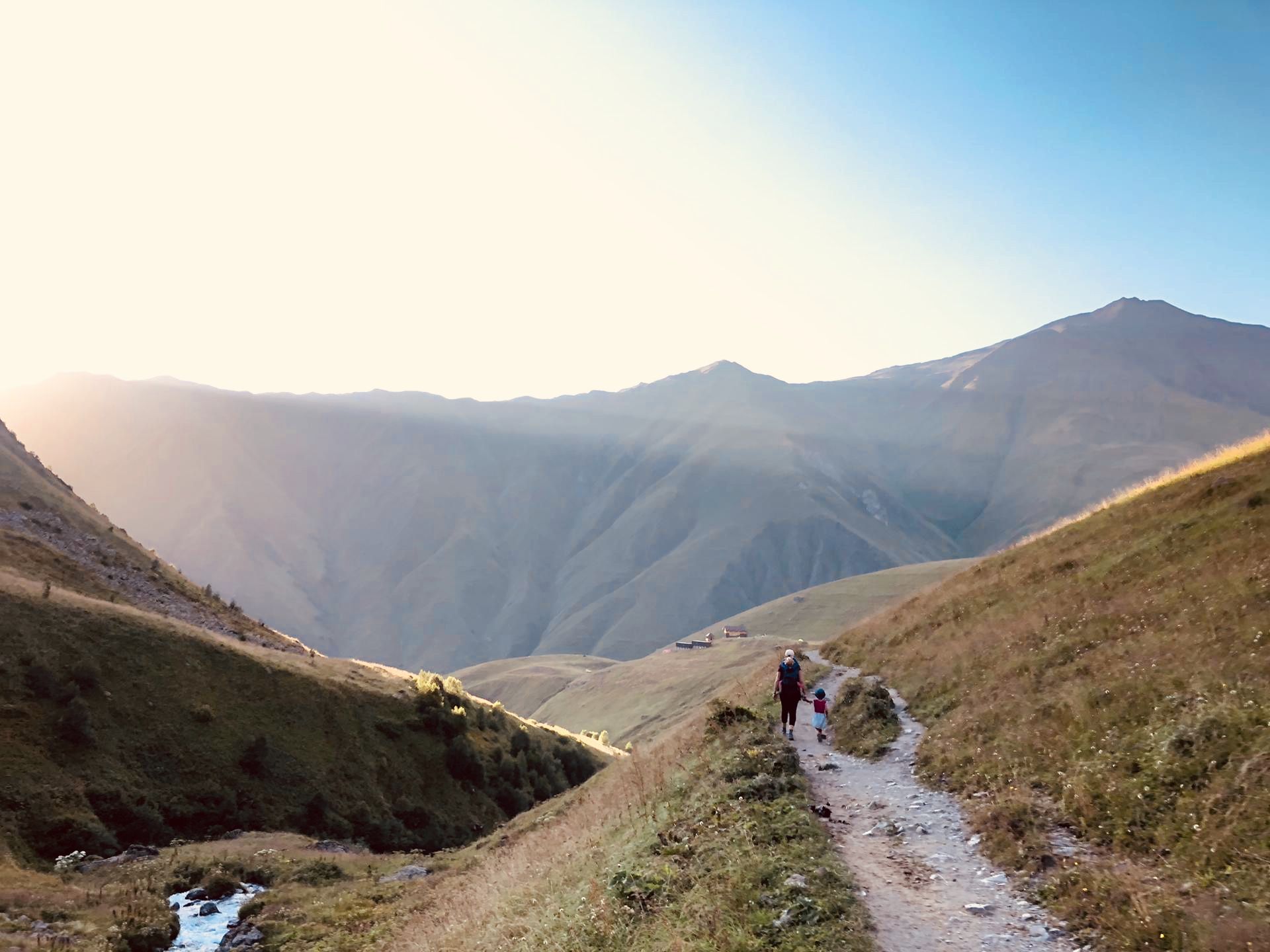
The next season is already announcing itself. When the people who permanently live here get too old. When winter sets in on this village. Untouched layer of snow and decaying houses. In the summer, even more people like us will probably come to sniff the idyll for a short time and then drive back home to their comfortable apartments with Wi-Fi and a supermarket next door. And we wonder how the descendants of this village will deal with their heritage.
Nature takes this coming and going calmly. It does not change just because there are a few cows or water pipes. Because it knows that in the end, it wins.
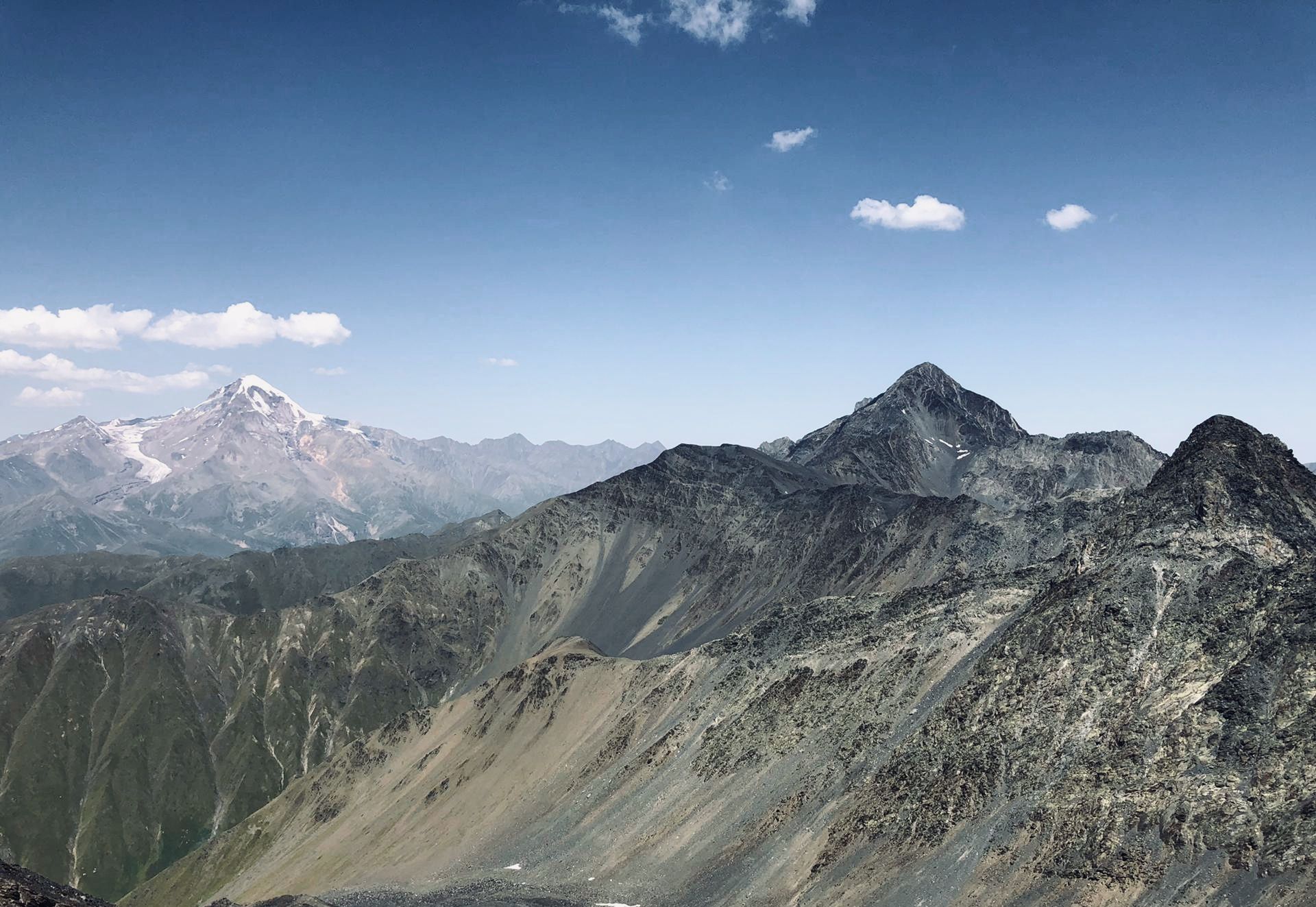
Претплатете се на билтенот
Одговори
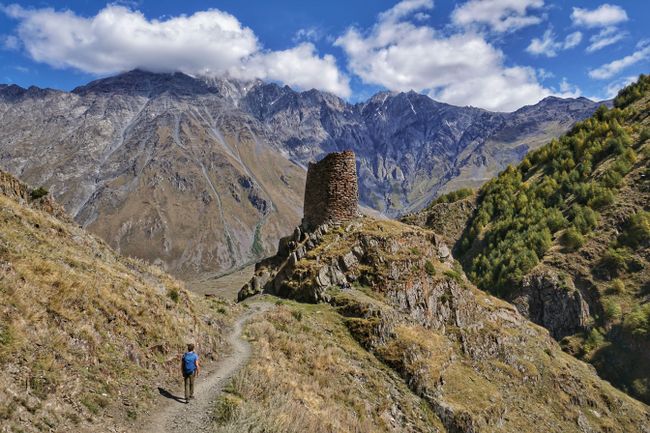
Извештаи за патување Грузија
